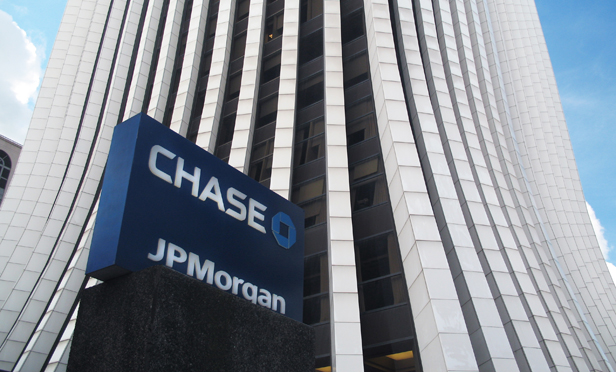- Banking and Finance Laws
- Capital Markets
- China Law News
- Retail Trade and Distribution
- Technology Media and Telecom
In the News: JPMorgan Mutual Fund Buyout; Luckin Coffee's Phony Sales; and US Tech Export Restrictions
April 06, 2020 | BY
Vincent ChowJPMorgan set for full control of asset management business with minority partner buyout; Luckin Coffee reveals financial fraud amid growing concern over Chinese listings; and the U.S. set to ramp up tech export restrictions for China, report says.
JPMorgan agrees mutual fund buyout following foreign ownership limit removal
JPMorgan is set to become the first foreign firm to take full ownership of a local asset management business in China, pending regulatory approval by the China Securities Regulatory Commission (CSRC). The U.S. investment bank has reached an agreement with its local partner, Shanghai International Trust, to acquire its 49% stake in their joint-venture (JV), China International Fund Management (CIFM).
This premium content is reserved for
China Law & Practice Subscribers.
A Premium Subscription Provides:
- A database of over 3,000 essential documents including key PRC legislation translated into English
- A choice of newsletters to alert you to changes affecting your business including sector specific updates
- Premium access to the mobile optimized site for timely analysis that guides you through China's ever-changing business environment
Already a subscriber? Log In Now





